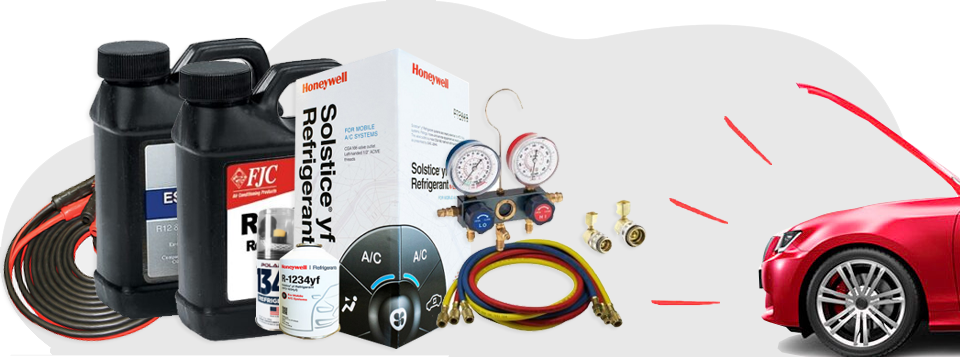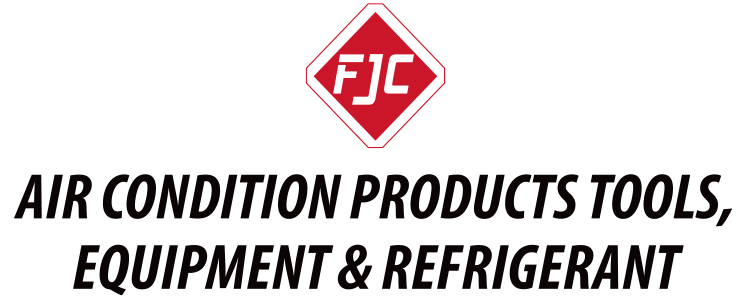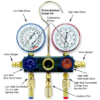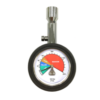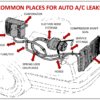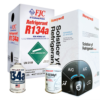Should I Save Money and Use a Propane or Butane Refrigerant in My Auto A/C?
Short answer: No.
Long answer: There is a reason FJC has never sold propane, ammonia, butane, or blends of them to use as refrigerants—because they are not safe. Propane , Butane, and Ammonia are highly flammable hydrocarbons. Here are several reasons to NEVER use highly flammable refrigerants in your vehicle:
- They’re illegal under the EPA’s 2017 Significant New Alternatives Policy (SNAP) Policy:
“The SNAP program evaluates and lists substitutes that reduce overall risk to human health and the environment considering ozone-depletion potential, global warming potential (GWP), flammability, toxicity, local air quality, ecosystem effects, and occupational and consumer health/safety. SNAP lists substitutes as acceptable, acceptable subject to use conditions or unacceptable.
Under SNAP, all flammable refrigerants, except HFC-152a and HFO-1234yf (which are only very mildly flammable), are listed as unacceptable for use in new and retrofit MVAC systems. This includes all hydrocarbon refrigerants. When a refrigerant is listed as unacceptable, its use is illegal. “
- Highly Flammable refrigerants increase the possibility of a fire or explosion:
A/C systems are not designed to address high flammability. Unlike fuel lines, which are installed away from heating elements and are located in areas unlikely to be damaged in a collision, A/C systems are not configured for flammable chemicals. Further, unlike fuel systems, A/C routes directly through the passenger compartment.
Another important considerations is the reason people add refrigerant to their system in the first place: a refrigerant leak. A leaky system filled with a highly flammable gas near heated engine components which routes through the passenger cabin is a recipe for disaster.
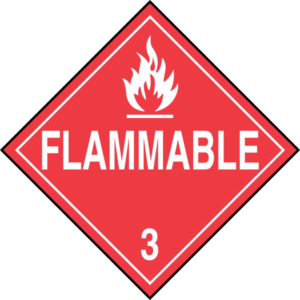
- You should never mix refrigerants:
- It is illegal to mix refrigerants in a system (that is why the fittings are different);
- Recycling of mixed refrigerants isn’t possible;
- There are no pressure temperature charts for the new blend of mixed refrigerants;
- There is no way to know the rate of oil return to the compressor for the new blend, which may result in its failure;
- Likely reduced capacity and lower efficiency;
- Once a refrigerant is adulterated, it’ll need to be completely cleaned out and replaced with a pure refrigerant by a certified technician;
- Future repairs present a danger if the technician is unaware of the addition of the flammable refrigerant. Incidents have occurred in the US and overseas where individuals have been injured as a result of the use of propane and/or other unapproved refrigerants in air conditioning systems.
- Liability:
Vehicle manufacturers have always strongly discouraged the use of highly flammable refrigerants. Use of these refrigerants poses a safety risk and can void the warranties on air conditioner systems or replacement parts. In addition, auto insurance may not protect owners against liability for damages as a result of using illegal flammable refrigerants.
- Damage
Propane does not properly mix with the PAG or ESTER oils already in the system. Therefore it would need to be vacuumed and flushed before the propane is added—with mineral oil—to avoid potentially damaging the system.
Do you really want to take a chance with unapproved refrigerants?
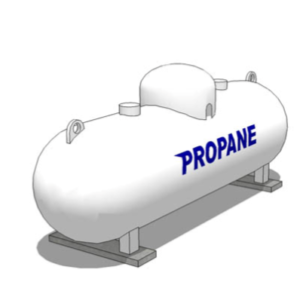
LMK 2019
